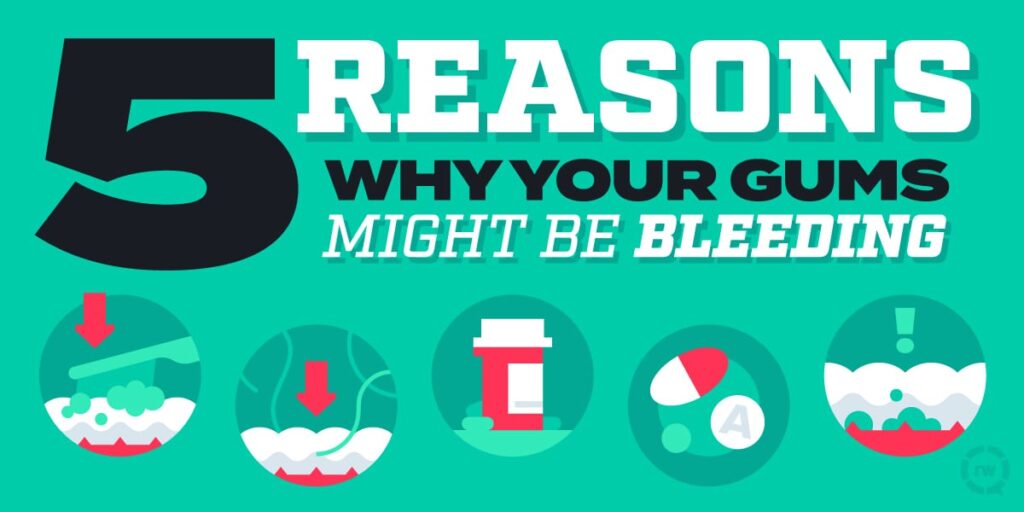If You're An Athlete You Should Do These 4 Things to Protect Your Teeth
December 3rd, 2019
[caption id="attachment_143" align="aligncenter" width="500"] If you're an athlete you should do these 4 things to protect your teeth[/caption]
If you're an athlete you should do these 4 things to protect your teeth[/caption]
All Athletes Do This
Being an athlete, whether playing in little league or a varsity sport, can be challenging. Not only does this take additional dedication and time, but you also burn a lot of calories. Athletes need additional nutrients to replenish those lost during times of activity.
So what do ALL athletes do?
Athletes get hungry and thirsty. They grab snacks that are easy to pack for the ball field. These snacks are usually in the form of quick replenishers. These included energy bars, gels, and sports drinks. These forms of sugar contribute to high levels of tooth decay and acid erosion
Athletes also exhibit some form of mouth breathing during activity times. Why do athletes mouth breathe? Mouth breathing allows more oxygen into the lungs. This is a good thing, right? No. This form of airway exchange dries the mouth out, leading to inflammation of gums.
The Study
According to recent study by the British Dental Journal, athletes have a high rate of oral disease. In this study researchers surveyed 352 Olympic and professional athletes across 11 sports. They measured the athletes level of tooth decay, gum disease, and acid erosion. In addition they asked the athletes what steps they took to keep their mouth, teeth, and gums healthy.
Here is what they found out:
Good News
- 94% Athletes brushed their teeth twice daily, compared to 75% of the general population.
- 44% Athletes flossed regularly, compared to 21% of the general population.
- >50% Athletes have good oral health related habits: brushing twice daily, regular dental checkups, not smoking, and have a healthy diet.
Bad News
- 50% Athletes had untreated decay.
- >50% athletes had early signs of gum inflammation.
- Almost 1 out of 3 athletes reported their oral health negatively impacted their training and performance.
- Elevated risk of oral disease from dry mouth in "elite" athletes.
Four Recommendations for Your Teeth
Though the study did not make any recommendations. I have chosen some easy guidelines for athletes to follow.
1. Develop good oral habits. This includes brushing at least twice a day and flossing at least once a day. I would recommend brushing keeping a travel toothbrush, toothpaste, and floss with your gear. Brush your teeth after your practice or competition. If you need a refresher, checkout our preventive care page.
2. Drink equal amounts of water as sport drinks. Drinking water will help wash away the residual sugars left on your teeth by sports drinks.
3. Eat healthier snacks. Eat nuts such as almonds and walnuts. Also eating cheese can be a good source of protein and calcium. Eating slices of apples provide a two fold benefit. First, apples can also give you the sugars and energy you need without the sugar spike. Second, eating apples cleanse your teeth naturally. Find more information about nutrition on our nutrition and oral health page.
4. Regular dental checkups. As athletes, keeping in optimal health is important so that you aren't distracted by any bodily ailments from keeping you in top performance. Visit your dentist at least twice a year. Dental checkups will help detect and treat decay. Moreover, it will help detect early signs of gingivitis will help you stay optimally fit. Also your dentist can discuss mouth protection devices such as mouth guards to help prevent accidental trauma while participating in sports activities.
All Smiles Pediatric Dentistry
At All Smiles Pediatric Dentistry, we incorporate proven techniques to share with you and your child at each dental checkup visit. Dr. Allen Job and his team are committed to providing the latest in oral health care prevention. For more information about digital x-rays check out our website section. Still want more information? Check out our monthly blog posts! Our practice is centrally located in San Diego, CA.
Get acquainted with us by watching our practice video and find out what we do.
Scheduling an appointment for your child is easy! Start here to schedule an appointment. All of our forms are online. Fill them out securely from your smartphone or tablet and hit send. On appointment day, your child will be seen at their scheduled time. For example, if you have a 9:00 AM appointment, your child will be seen at 9:00 AM.
 Dr. Allen Job, DDS, MS, MPH, MS is a board certified pediatric dentist who practices in San Diego, California, where he specializes in prevention. For more than a decade, served as assistant professor for the Department of Pediatric Dentistry at Loma Linda University School of Dentistry (LLUSD). He is currently an instructor at LLUSD.
Dr. Allen Job, DDS, MS, MPH, MS is a board certified pediatric dentist who practices in San Diego, California, where he specializes in prevention. For more than a decade, served as assistant professor for the Department of Pediatric Dentistry at Loma Linda University School of Dentistry (LLUSD). He is currently an instructor at LLUSD.



